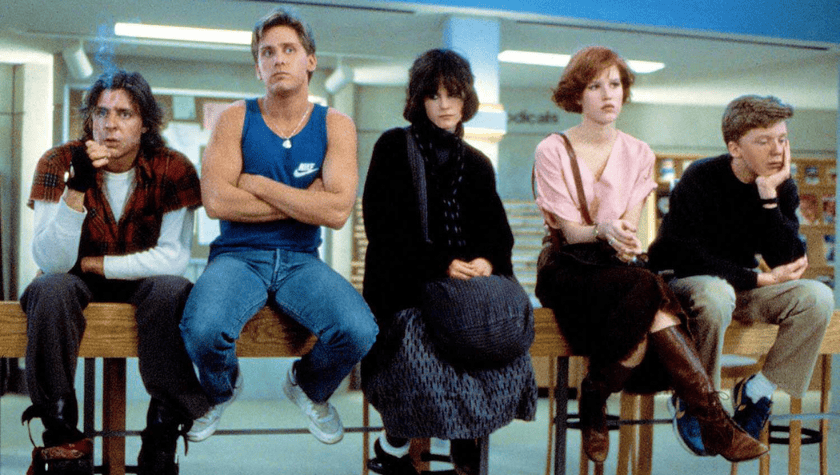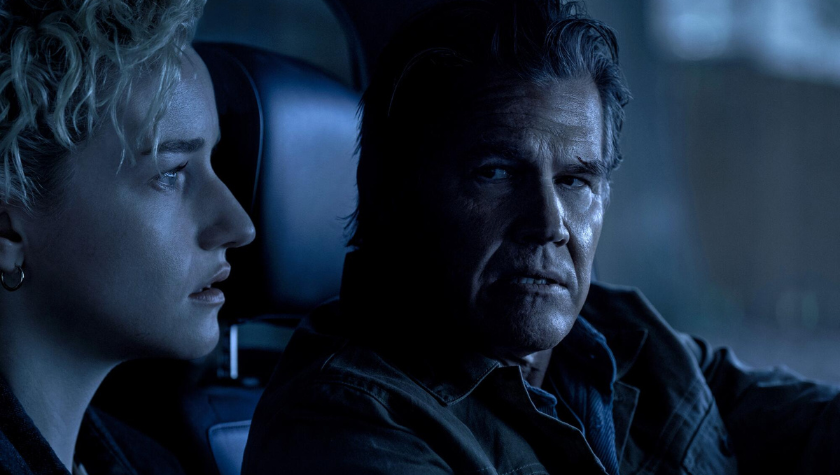What is an inciting incident?
It’s that moment when the protagonist’s life will change forever.
For those familiar with the Hero’s Journey, an inciting incident happens after the storyteller has established the protagonist’s life as it stands today, and it’s the catalyst for the journey they are about to embark on.
An inciting incident disrupts the protagonist’s normal world and introduces the central conflict of the story. But you can’t have an inciting incident without a little setup.
Setting Up the Inciting Incident
Before something can disrupt the protagonist, the audience needs to have some knowledge of what their normal life looks like. That’s why the inciting incident won’t often happen in the first scene of the movie. That may not always be the case, but it’s the most likely path a storyteller will take.
Before you have an inciting incident, you must first establish your protagonist and their world. The setup is important because their normal life is about to change forever.
Nobody (2021)
In Nobody, there is quite a bit of setup regarding the protagonist’s life before the inciting incident. The audience sees Hutch (Bob Odenkirk) and his mundane existence, such as missing the garbage truck on trash day, work problems, etc. When two thieves break into his home, he has the option of fighting them, but chooses the path of least resistance and lets them go. This causes him to lose the respect of his neighbor and family. It’s when he chooses to stand up for himself and take matters into his own hands that the transformation happens.
Some might argue the home invasion is the inciting incident, but I disagree – he’s still the same person leading a mundane life after this happens. The inciting incident is when a bunch of thugs harass a woman on a bus he’s riding. Tired of good people getting bullied by thugs, it’s this moment that changes the trajectory of his life.


The Breakfast Club (1985)
Arguably, in The Breakfast Club, the inciting incident occurs before the movie starts, when all the kids are sentenced to a Saturday in detention – that is the incident that disrupts their world. However, another argument is that the inciting incident is when the characters get to the school and must make the decision to face their detention.
How to Write an Inciting Incident
Now that the normal world has been established, it’s time for the inciting incident.
When introducing the inciting incident, remember that it is generally something that is done to the protagonist and not by them. Think about John Wick starring Keanu Reeves. The movie starts off by showing Wick’s life, how he grieves his dead wife, and the importance of his car and dog. The inciting incident comes in the form of an arrogant Russian mobster who decides to steal his car and kill his dog. Wick has now been thrust down a new path in life.
Writing an inciting incident is about something happening to the protagonist that demands their attention and impacts them personally. The character must then make a choice. John Wick could have let things go and found other ways to deal with a new set of tragedies. He could have gone to the police. But that’s not who John Wick is. So, the inciting incident propels him to use the skills he had acquired to seek vengeance.
Here are some other inciting incident examples:
- Kramer vs. Kramer (1979): Joanna (Meryl Streep) suddenly leaves Ted (Dustin Hoffman), a workaholic in charge of their son
- Spider-Man (2002): Peter Parker (Tobey Maguire) is bitten by a radioactive spider
- Barbie (2023): Barbie (Margot Robbie) realizes that the girl who she belongs to is growing up and causing her to have strange thoughts
After the Inciting Incident
Once you’ve set up the normal world then shaken it up with an inciting incident, you have to consider what comes next.


Groundhog Day (1994)
In the movie Groundhog Day, Phil (Bill Murray) is a curmudgeon weatherman tasked with covering the weather prediction of Punxsutawney Phil, a groundhog. There is a lot of set up before the inciting incident including Phil’s thoughts on his co-workers, the town they go to and the people he encounters. The inciting incident is when Phil wakes up the next day, only that it’s a repeat of Groundhog Day. But, what happens next?
Phil relives the day in a strange fog. Everything is familiar, and he repeats a lot of what he did the previous day confused about what’s going on. In this case, the inciting incident has occurred and he must work through it – he literally has no other choice.
Iron Man (2008)
In the first movie that set off the Marvel Cinematic Universe, weapons manufacturer Tony Stark (Robert Downey Jr.) is attacked in a terrorist bombing and kidnapped. Nothing about this necessarily needs to be the beginning of a superhero movie. Stark could have made several decisions, but it’s after this incident that he chooses to create a device capable of keeping him alive and powering a suit of armor to help him escape.
The inciting incident places your protagonist on the path of their hero’s journey. Iron Man not only uses it as a means for Stark to create the first Iron Man prototype but also gives him a sense of mortality, reveals how his weapons of war kill and maim others, and fosters a friendship built on shared trauma.
Should Every Scene Have an Inciting Incident?
Every story has an inciting incident, but what about every scene? This theory holds some merit because there should be something that changes the dynamic of the story in every scene you write. Why else would you need the scene?
While the overall storyline has the single incident that starts the protagonist on their journey, there will be exposition or action that will shape the conflict in a scene: setup, inciting incident, aftermath.


Weapons (2025)
Weapons has several chapters, or stories, centered around the characters within the story. While the inciting incident of the film would be the kids running off in the middle of the night, the individual stories themselves have their own incident that also sets those characters off on their own journey.
In one of the first scenes, Justine (Julia Garner) is put on leave, because all of her students (except one) ran off. This would be her inciting incident.
For Archer’s (Josh Brolin) arc, his inciting incident could be the realization of the direction his child ran, which sets off his journey to track down the missing children. Why isn’t the act of his child running away the inciting incident? The argument is that when the audience meets Archer, his “normal life” already includes the struggle of his child having run away - the true inciting incident is the moment he discovers the first clue.
Conclusion: The Inciting Incident Theory
As a screenwriter, it’s your job to figure out how and when the inciting incident occurs. While there are general rules to this event, there is flexibility on how you can do it. Nobody has its inciting incident toward the end of the first act, while The Breakfast Club has its one right at the very beginning.
Many argue that Juno (2007) has its inciting incident – Juno getting pregnant – before the movie even begins, while others argue it’s when she takes her pregnancy test.
People may debate the inciting incident but as long as you know when it happens in your story, then let others come up with their theories. Regardless, the inciting incident has a purpose: it’s the moment that the protagonist’s life will change forever, in a way that makes us want to take the journey with them.

